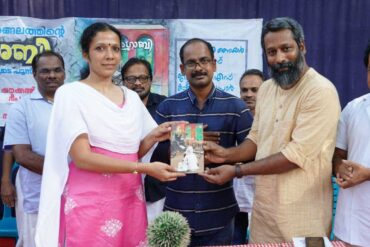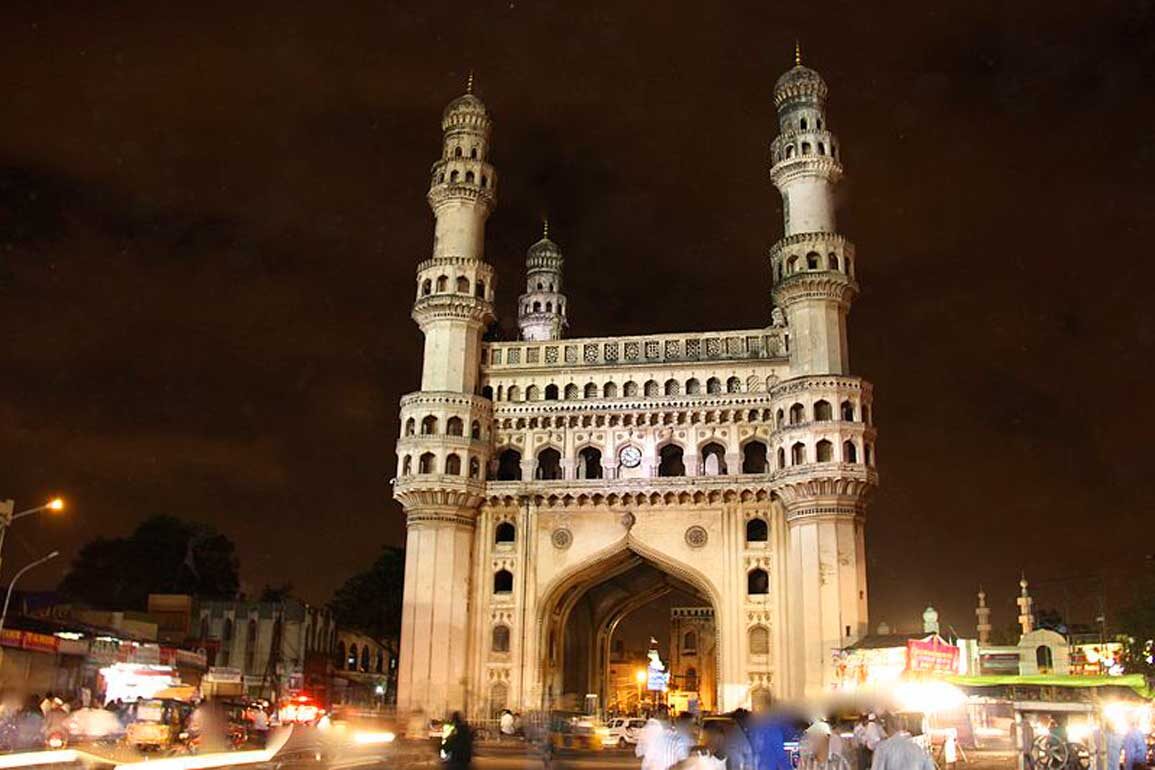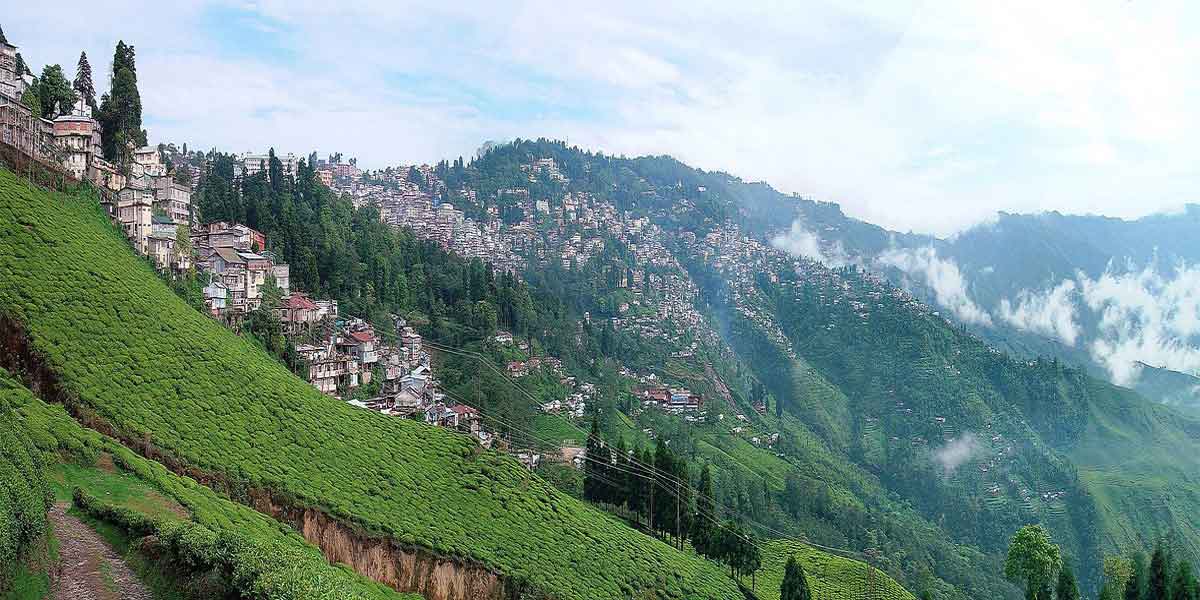Ramzan, also known as Ramadan, is a special time in Muslim communities around the world. The various communities celebrate with their own traditions, preferred food, and rituals to mark the beginning of the fast and the nightly iftars. South Asia has a unique tradition that exists in its media sphere. Every year, Ramzan sparks a great debate in South Asia; is it Ramzan or Ramadan? Is it Mubarak – or Kareem? Does adoption of Arabic words indicate a creeping Wahhabization?
It’s a yearly debate that seems to have no end in sight. While many people refute the ‘Ramadan = Wahhabization’ argument, it seems to be never ending, with social media and pundits regularly harping on why Indian Muslims have to stop using ‘Ramadan’. These anti-‘Ramadan’ articles usually share the same themes: Wahhabism, South Asian culture, and demonization of Arabs. Unfortunately, these articles miss the mark from several directions: the Arabic language, stereotypes about Arab and Persian culture, and characterizing cultural shifts as ‘Islamization’.
A recent The Wire article on the debate is a good example. The author makes basic mistakes regarding Arabic etymology. The letter ض, or Ḍād, is a unique one to Arabic, forming a very heard ‘d’ sound. The letters ذ, or ظ are usually ‘d’ or ‘dh’ sounds that sometimes are transformed into ‘z’ sounds in different Arabic dialects. For instance, the Syrian Arabic pronounces نظام as “Nizam” rather than “Nidham” like some other Arabic countries. However, unlike the author’s contention that ض is a ‘z’, the letter does not make that sound in the formal language or most dialects. Unlike Persian which turns it into a ‘z’, most popular dialects (e.g. Egyptian, Shami) don’t pronounce the letter as a ‘z’.
Another key mistake that the author makes is his joke, “why don’t you call these Indian words by their Arabic pronunciation”? This would be funny if it was true. However, there is a key difference between a word that has Arabic origins versus a word that has Indian origins. In this case, the author referred to a word that has Persian origins and does not even have an Indian pronunciation. While it is well known that Hindi and Urdu were heavily influenced by Persian, these languages were also inspired by Arabic. Several of the words and phrases that the author suggests are from Urdu (such as “Eid Mubarak”) are originally Arabic. The influence of Arabic on Hindi and Urdu is undeniable.
Much of the discussion around Arabization revolves around an orientalist view of the Arab world. Saudi Arabia is not the only Arab country in the world; other Arab countries are drastically different from Saudi Arabia. For example, Saudi Arabian ‘Islam’ is not the same as “Arab Islam”, and Islamic practices differ from country to country. These basic distinctions seem to be lost on a majority of commentators. As someone who has spent time in Palestine, Lebanon, and Jordan, Islamic practices and beliefs are drastically different than what is seen in Saudi Arabia, let alone in South Asia. Indeed, there are few Arabs I know who match some of the “orthodox” and “puritanical” practices of some Desi Muslims. Yet, these other non-Wahhabi Muslims are never considered in the subcontinent’s view of “Arab Islam”.
It’s not uncommon for South Asian pundits to describe conservative Islam as “Arabized” or its practitioners wearing “Arab-like clothes”. The view from the Middle East is quite different. A 2009 New York Times story about the rise of Salafism in Gaza describes a group of Salafi men as, “On the streets of Rafah in the southern Gaza Strip, clusters of men wear long tunics over baggy trousers, a costume common in Pakistan but virtually unknown among Palestinians”. In Charles Lister’s book The Syrian Jihad, the extremist Abu al-Qaqaa (aka Mahmoud Ouul al-Ghassi) is described as “dressing like a Pakistani”. A lot of this comes from the anti-Soviet Jihad when the Arabs came to Pakistan and adapted some of the local practices. Cultural influence is a two-way street.
Yet, while Arab culture is seen as harmful, the Persianate influence is celebrated. This is the case even though there is evidence that Iranians have used Shia networks to propagate Khomeinism and Shia Islamism. Furthermore, Persianate influence is celebrated despite Iran committing horrific human rights abuses and engaging in public executions. Thankfully, the same hysteria over Iranian influence is absent, but this perception that Persianate influence is somehow more sophisticated and tolerant than Arab culture does not hold up to reality.
This reflects a larger elitist mindset of North Indians who ignore the Arab influence that has always been present, and view Persian/Urdu culture as the only Islamic culture in South Asia. This ignores regional histories where Persian was not the dominant influence. Islam did not come by or was ruled by the Persianate empires in the South. Indeed, the linkages between Kerala and the Arab Gulf has long exceeded its interactions with Persian Islam.
Many of these arguments paint a rosy picture of South Asian Islam, as if there is only one form of Islam in the subcontinent. Rather than funding Wahhabism in South Asia, Saudi Arabia actually put more money in funding Deobandi madrassas. Yet Deoband is not some Gulf or Saudi export. It is a school of Islamic thought that was founded in India. For the all the claims that Wahhabis/Salafis want Indian Muslims to say “Ramadan Kareem”, even some Salafis think that phrase is wrong.
There has been well-crafted academic work on the changes to South Asian Islam, but again, this is a complicated phenomenon. Even in my own interviews with Islamic scholars who warn of Saudi influence, the scholars scoff at the notion that saying Ramadan or wearing a hijab means that the person is close-minded, bigoted, and on their way to becoming Salafi. This also ignores the regular cultural exchange that occurs when millions of Indians live in the region. It is similar to how millions of Indians have also adopted American idioms through experiences with American culture. Despite the recent affinity with White Supremacist figures, it would be a mistake to assume that Indians using English terms as being influenced by contemporary white supremacists.
A lot of comparisons are made with the Islamization of Pakistan. The rise of ultra-conservative forces has been one of the tragedies of the Pakistan nation. However, this did not happen because someone said “Allah Hafez”. This focus on Arabization completely ignores the role of repression, authoritarianism, and the military sponsored Islamization of the country. The “Arabization” did not occur through cultural exchange, it occurred through state and a ruler like Zia ul-Haq. Combine this with the mobilization that occurred during the anti-Soviet campaign, and you have a very potent mix for Islamization.
There is something to be said about the Desis refusing to accept responsibility and agency for themselves. Are policies failing? Well, blame Nehru. Caste? Well that’s the fault of the British. India is facing international criticism? Well that is the fault of a shadowy “Break India” lobby. A complex multifaceted problem like extremism or cultural shifts….well, let’s blame the Arabs.
If there’s something to take away from all of this, it’s that saying Ramadan or Ramzan does not make you less of a Muslim. Saying Kareem or Mubarak does not make you less of an Indian. And saying Allah Hafiz does not make you a Wahhabi. Those who say either are just exposing their own ignorance and bigotries.
Cover Image: Charminar







